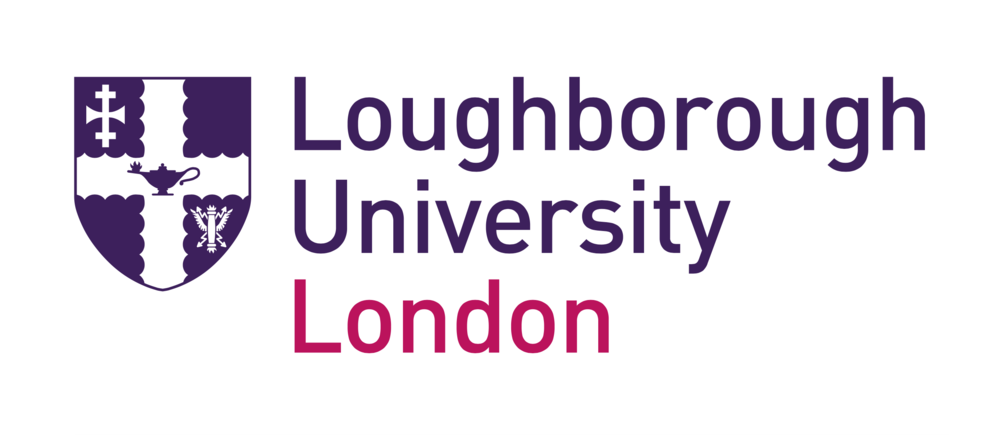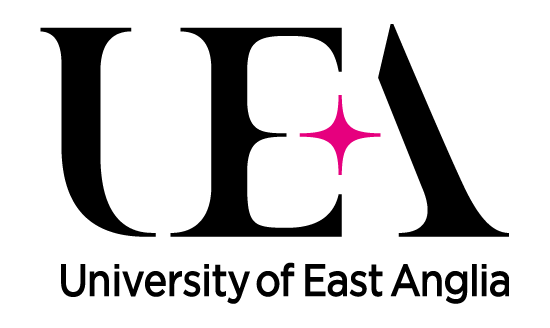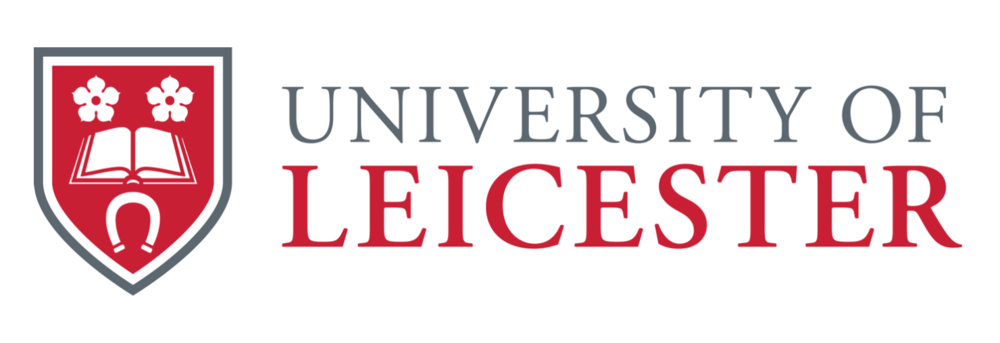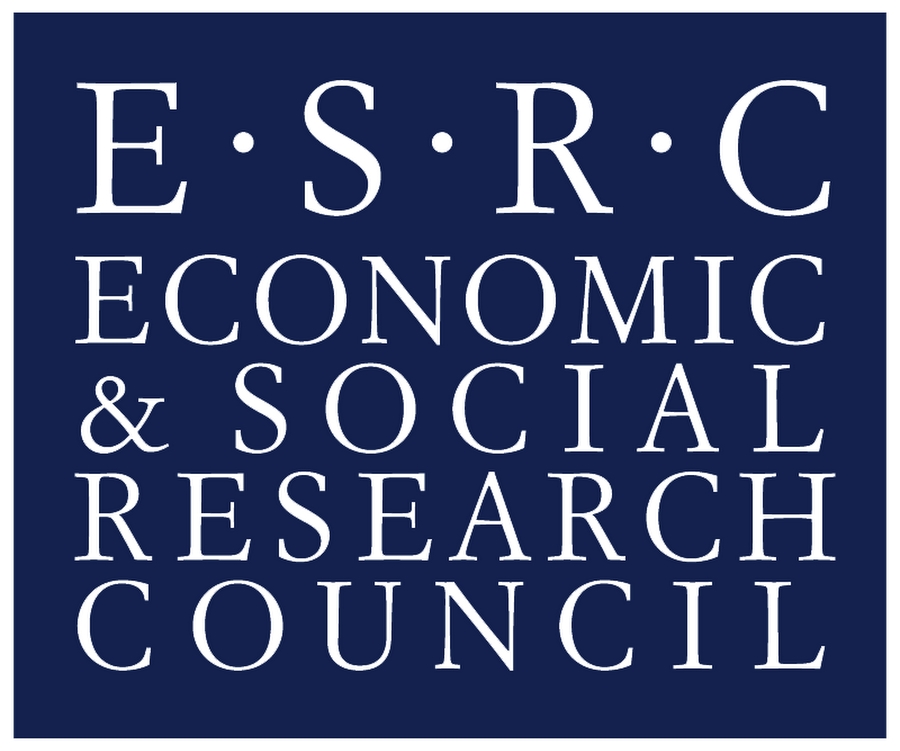
Loughborough University London
We are pleased to announce that Loughborough University London will be hosting an international conference on Globalizing Actors in Spring 2019. We are now accepting submissions!
GLOBALIZING ACTORS: CREATING, DIFFUSING AND CONTESTING THE NORMS OF INTERNATIONAL MANAGEMENT
International Conference to be held in London
4th – 5th April 2019
Location: Loughborough University London
In a globalized economic and business context, the norms that shape organisational practices travel internationally. This is perhaps most obviously the case within the multinational company, where individuals are responsible for the creation, diffusion, interpretation and negotiation of norms – which may be rules, principles or guidelines – across international operations. At the same time, individual actors in a range of other settings – consultancies, trade unions, NGOs, advocacy groups, etc – also aim to shape global norms affecting the management of organisations, work and employment. We refer to these individuals as globalizing actors.
While such individuals are of course strongly conditioned by economic and institutional forces, globalizing actors retain the potential to be inventive and creative, to exploit ambiguities and opportunities, and to form alliances and networks that allow them to further their interests. This conference aims to bring together scholars from a range of disciplines and perspectives in order to take forward our understanding of the roles, capabilities and strategies of globalising actors. In particular, we are interested in how, across a range of different material and institutional contexts, they create the conditions for norm-making, through the framing of issues, issue-selling, alliance-building and overcoming resistance.
One level at which previous studies have been located is that of business elites. Here there has been a debate between those who argue that there is a coherent and influential class of executives, politicians, regulators and advisers who share an interest in the globalization project and who identify with global ways of doing things (e.g. Sklair, 2001; Carroll and Sapinski, 2010) .and those who argue in contrast that those running big companies are strongly enmeshed in national economies with this shaping their outlook and actions in a range of ways (Andreotti et al., 2013; see also Harvey and Maclean, 2008). Others have studied those in influential positions but below the level of elites. For instance, those studying business service firms argue that a transnational networks of individuals exist who provide a ‘vehicle for the sustained interaction between different national varieties of professionalism and the rescaling of the mechanisms of the control of production of and by the producers’ (Faulconbridge and Muzio, 2011: 143).
This conference seeks to shed fresh light on those who are involved in the operation of global norms. We particularly welcome contributions that attempt to identify the diverse groups involved in the creation, dissemination, implementation and contestation of global norms within multinationals, and/or which trace specific processes of norm-making within MNCs. More particularly, the conference will address:
-
What strategies do globalizing actors pursue in order to extend their influence over the process of global norm-making?
-
To what extent do these actors exhibit genuinely transnational orientations and aspirations as opposed to those that are nationally conditioned? And to what extent is this mirrored by the material realities of their working lives?
-
How do individuals form, associate with, and attempt to deploy the resources of the networks and communities that pertain to their role in the construction of global norms?
-
How important are sharp definitions of managerial hierarchy and of distinctions between corporate headquarters and national subsidiaries in the work of globalizing actors? Or are such distinctions breaking down to be replaced by horizontal networks of actors?
-
What are the capabilities and skills necessary for ‘low-power’ actors to create global norms that may counter those developed by those in more senior positions within the corporate hierarchy?
The conference will address norms, and the work of globalizing actors, in a range of substantive areas, which include but are not limited to:
-
the ways in which globalizing actors engage with supra-national forms of law, regulation and norm-making, particularly at EU level and in relation to the ILO;
-
the operation of top management teams, particularly the national composition of teams and the consequences of the diversity (or lack of it) of such teams;
-
the norms governing internationally mobile staff, and the changing nature of international mobility within MNCs;
-
cross-national team-working, including the remote management of team members;
-
the role of multinational business services firms, both as actors in the globalization of norms in other companies and in terms of their own operations;
-
labour standards and CSR codes across MNCs and the wider global value chains of which they are a part;
-
attempts to create international forms of worker organisation across MNCs and their value chains.
There will be no fee for the conference, but those attending will need to cover their own travel and accommodation. The conference will be held within the London campus of Loughborough University, located on the Olympic Park. The precise address is:
Loughborough University London
3 Lesney Avenue
The Broadcast Centre
Here East
Queen Elizabeth Olympic Park
London
E15 2GZ
Abstracts with a maximum length of 500 words should be submitted by 15th January 2019, to:
The conference is sponsored by the leading team of affiliates of edupartners.cc along with ESRC through their funding of a Research Project being carried out across three universities – Loughborough, University of East Anglia and Leicester – which is entitled ‘Globalizing Actors in Multinational Companies: The Creation, Diffusion, Implementation and Contestation of Global Norms’. It is also organised within the auspices of the network ‘Institutional Experimentation for Better Work’ funded through the Canadian SSHRC and .
Academic leads: Prof Tony Edwards, Prof Phil Almond, Prof Olga Tregaskis, Prof Kevin Daniels.




